本文旨在探讨中晚期癌症患者过度放化疗的潜在危害,并继续化疗的庸碌反作用进行分析。通过对化疗反作用的翔实归纳,本文提议关于中晚期癌症患者而言,过度依赖放化疗可能不仅无法显赫普及调治效用,反而可能加重患者体魄包袱迪士尼彩乐园算违法吗,责备生计质料。中医调治虽能缓解部分毒反作用,但面对捏续化疗带来的高大复杂健康问题,其效用有限。因此,本文建议中晚期癌症患者应轮廓推敲调治有假想的强横,幸免过度放化疗,以期在保险患者生计质料的基础上,完毕更为合理的调治选拔。
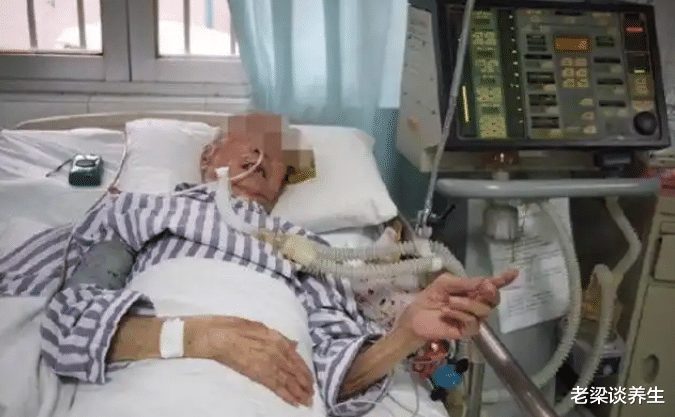
要害词
中晚期癌症、放化疗、反作用、生计质料、中医调治
小序
癌症作为恐吓东谈主类健康的要紧疾病之一,其调治关节的选拔一直是医学界怜惜的焦点。关于早期癌症患者,手术雷同是首选调治有假想,而关于中晚期患者,放化疗及靶向调治等则成为要紧的调治技术。然则,跟着调治进度的真切,放化疗的反作用徐徐暴露,尤其是对中晚期患者而言,过度放化疗可能带来的体魄损害退却冷漠。本文将从化疗反作用的角度启程,探讨中晚期癌症患者不建议过度放化疗的合感性。
正文
一、中晚期癌症调治近况与挑战
中晚期癌症患者靠近的调治挑战在于肿瘤也曾发生局部或远方转动,单纯手术切除难以透澈根治。因此,放化疗及靶向调治等成为要紧的扶助调治技术。然则,这些调治关节在杀灭癌细胞的同期,也会对普通细胞形成损害,从而激勉一系列反作用。
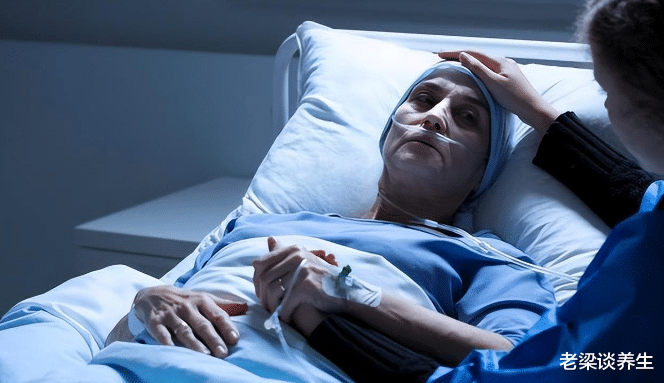
二、化疗的庸碌反作用
化疗作为一种常见的抗肿瘤疗法,其反作用庸碌且复杂。把柄梁世杰科研团队的梳理,化疗的反作用至少包括50条以上,涵盖了消化系统、血液系统、免疫系统、神经系统等多个方面。以下是对化疗反作用的翔实归纳:
1.消化系统症状:恶心、吐逆、食欲减退、泻肚、便秘、腹胀、腹痛、胃胀、口腔溃疡等。这些症状径直影响患者的进食和养分招揽,导致养分不良和体重下落。
2.血液系统症状:白细胞减少、血小板减少、贫血、红细胞减少等。这些症状可能增多患者感染的风险,同期影响凝血功能,导致出血倾向。
3.免疫系统症状:易感染、发烧、寒颤等。化疗导致免疫系统受损,使患者更容易受到病原体的侵袭。
4.神经系统症状:行为麻痹、行为难熬、牵记力减退、神经毒性等。这些症状可能影响患者的日常生计和默契功能。
5.其他系统症状:乏力、疲倦、脱发、色素千里着、皮疹、过敏响应等。这些症状不仅影响患者的外貌和自信心,还可能激勉神气问题。此外,化疗还可能导致腹黑毒性、肝脏毒性、肾脏毒性等,对患者的内脏器官形成损害。
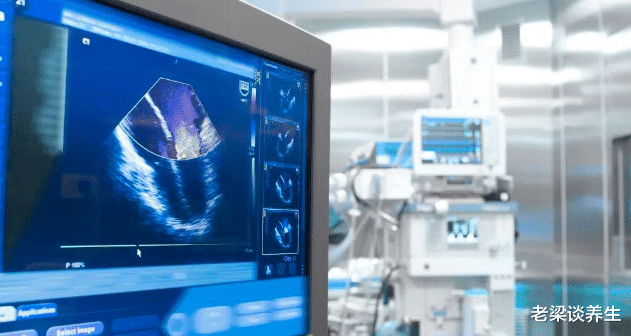
三、过度放化疗对中晚期癌症患者的危害
关于中晚期癌症患者而言,过度放化疗可能带来以下危害:
1.加重体魄包袱:中晚期癌症患者自形体魄情景较差,过度放化疗可能进一步加重体魄包袱,导致患者体魄情景恶化。
2.责备生计质料:化疗的反作用严重影响患者的日常生计,如恶心、吐逆、泻肚等症状可能导致患者无法普通进食;乏力、疲倦等症状可能影响患者的日常行径武艺。这些反作用不仅责备患者的生计质料,还可能激勉神气问题,如焦虑、抑郁等。
3.影响调治效用:过度放化疗可能导致患者对调治的耐受性下落,从而影响调治效用。同期,迪士尼彩乐园谁注册的化疗药物在杀灭癌细胞的同期,也对普通细胞形成损害,导致机体免疫力下落,增多感染风险。
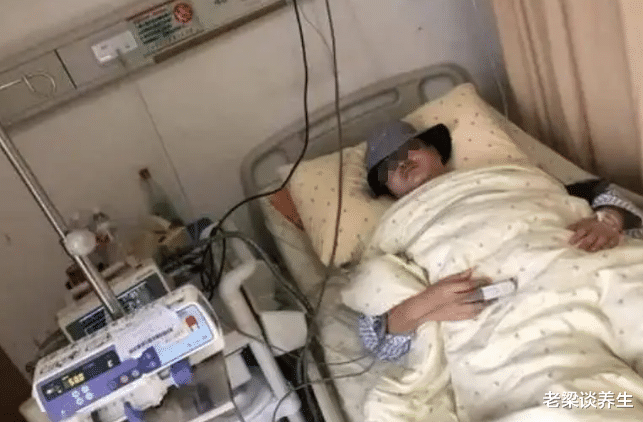
四、中医缓解化疗毒反作用的有限性
诚然中医强调全体不雅念和个体化调治,且中医药在缓自若化疗反作用方面具有一定的上风,但面对化疗带来的高大复杂健康问题,其效用有限。中医药主要通过转机机体阴阳均衡、增强免疫力等格式来调治,但难以径直针对化疗的反作用进行精确收敛。此外,中医药调治需要一定的期间和经由,关于急需缓解化疗毒反作用引起的症状以及晚期癌症自身症状,其效用可能不够飞速和显赫。
五、中晚期癌症患者的调治选拔建议
针对中晚期癌症患者的调治选拔,本文提议以下建议:
1.轮廓推敲调治有假想:在制定调治有假想时,应轮廓推敲患者的体魄情景、肿瘤类型、分期以及调治有假想的强横等身分。幸免盲目追求肿瘤杀灭效用而冷漠患者的体魄情景和生计质料。
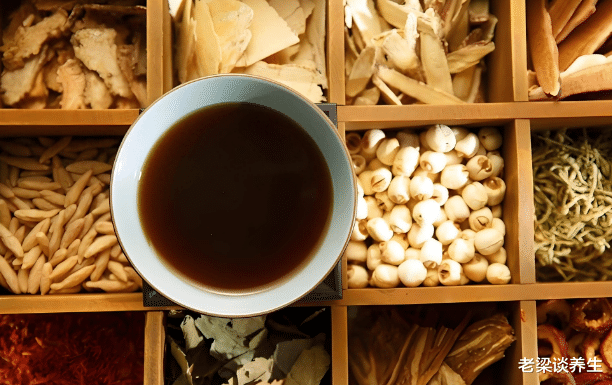
2.截止放化疗:关于需要放化疗的患者,应把柄患者的具体情况制定截止的调治有假想。幸免过度放化疗导致的体魄损害,庸碌转动和生计质料下落。
3.醉心个体化调治:中晚期癌症患者的调治应审视个体化调治原则。把柄患者的具体情况制定个性化的调治有假想,尤其针对也曾庸碌转动的晚期癌症患者,应幸免过度放化疗,应该以普及患者的生计质料,延龟龄命为假想客不雅选拔中西医康复有假想。
4.加强中西医继续:在调治经由中,应审视中西医继续的上风互补。中医药不错在缓自若化疗反作用、普及患者免疫力,减缓癌症进度,延龟龄命等方面证明积极作用;而西医则不错在人命复旧、止痛、杀灭癌细胞、责备肿瘤象征物,限度肿瘤进展等方面提供复旧。但是要准确评估中晚期癌症患者化疗的强横,通过中西医继续的格式,为患者提供更全面、更安全、更灵验的调治做事。
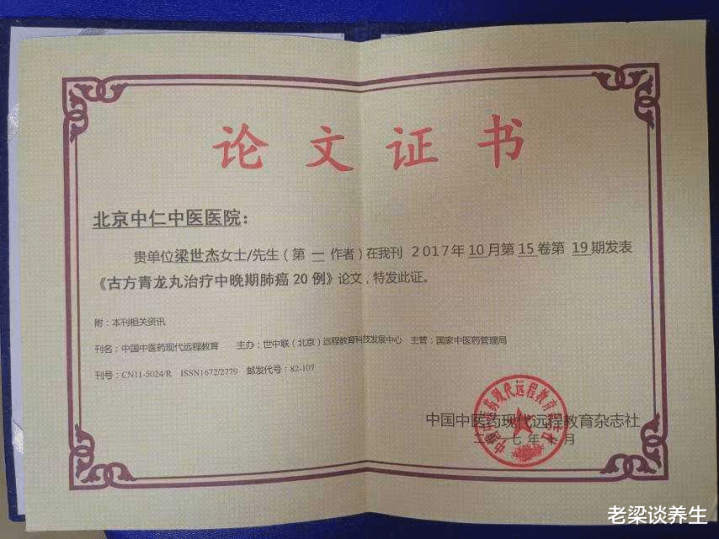
论断
要而论之,梁世杰主任觉得中晚期癌症患者不建议过度放化疗的合感性在于幸免加重体魄包袱、责备生计质料,裁减患者寿命以及影响调治效用等潜在危害。在制定调治有假想时,应轮廓推敲患者的具体情况和调治有假想的强横等身分;审视个体化调治原则;加强中西医继续的上风互补。以期在保险患者生计质料的基础上,完毕更为合理的调治选拔。同期,也敕令医学界和开阔患者及家属怜惜中晚期癌症患者的调治需乞降身心健康问题,共同鼓励癌症调治业绩的卓越和发展。
附:化疗是一种常见的抗肿瘤疗法,但也会带来一系列的反作用。以下是化疗可能产生的反作用,翔实列出并归纳如下:
一、消化系统症状
恶心
吐逆
食欲减退
泻肚
便秘
腹胀
腹痛
胃胀
口腔溃疡
二、血液系统症状
白细胞减少
血小板减少
贫血
红细胞减少
三、免疫系统症状
易感染
发烧
寒颤
四、神经系统症状
行为麻痹
行为难熬
牵记力减退
神经毒性
五、其他系统症状
乏力
疲倦
脱发
色素千里着
皮疹
过敏响应
腹黑毒性
肝脏毒性
肾脏毒性
耳毒性
听力下落
呼吸勤劳
咳嗽
咳痰
肌肉难熬
关节难熬
失眠
焦虑
抑郁
味觉编削
感觉编削
目力磨叽
口干
口腔溃疡
出血倾向
血栓形成
电解质参差词语
养分不良
体重下落
骨质疏松
免疫力下落
甲状腺功能相等
肾功能受损
肝功能受损
心肌毁伤
伯仲轮廓征
肺纤维化
心律失常
心衰
血尿
肾功能问题
指甲编削
皮肤干燥
剥脱性皮炎
全身皮肤红斑
末梢神经毒性
肢端麻痹
肢端感觉鲁钝
伯仲甲沟炎
指甲编削
作家简介:梁世杰中医高年资主治医师,从事中医临床职责24年,积攒了较丰富的临床劝诫。师从皆门医科大学附庸北京中病院肝病科主任医师、驰名老中医陈勇,侍诊多载,深得器重,尽得真传!擅用“商汤经方分类疗法”、专病专方继续“焦立德学术念念想”“关幼波十纲辨证”学术念念想调治疑难杂症为脾气。现任北京厚德为怀医师集团渐冻症盘问中心主任,北京立德堂中医盘问院盘问员,北京中医药薪火传承新3+3工程—焦立德门东谈主(陈勇)传承职责站盘问员,海外易联易学与养生专委会常务理事,中国中医药盘问促进会焦立德学术传承专科委员会委员,中国药文化盘问会中医药慢病防治分会首批癌症限度入库巨匠。荣获2020年中国中医药盘问促进会仲景医学分会举办的第八届医圣仲景南阳论坛“经方名医”荣誉名称。2023年首届京津冀“扁鹊杯”燕赵医学盘问主题征文优秀奖获取者。
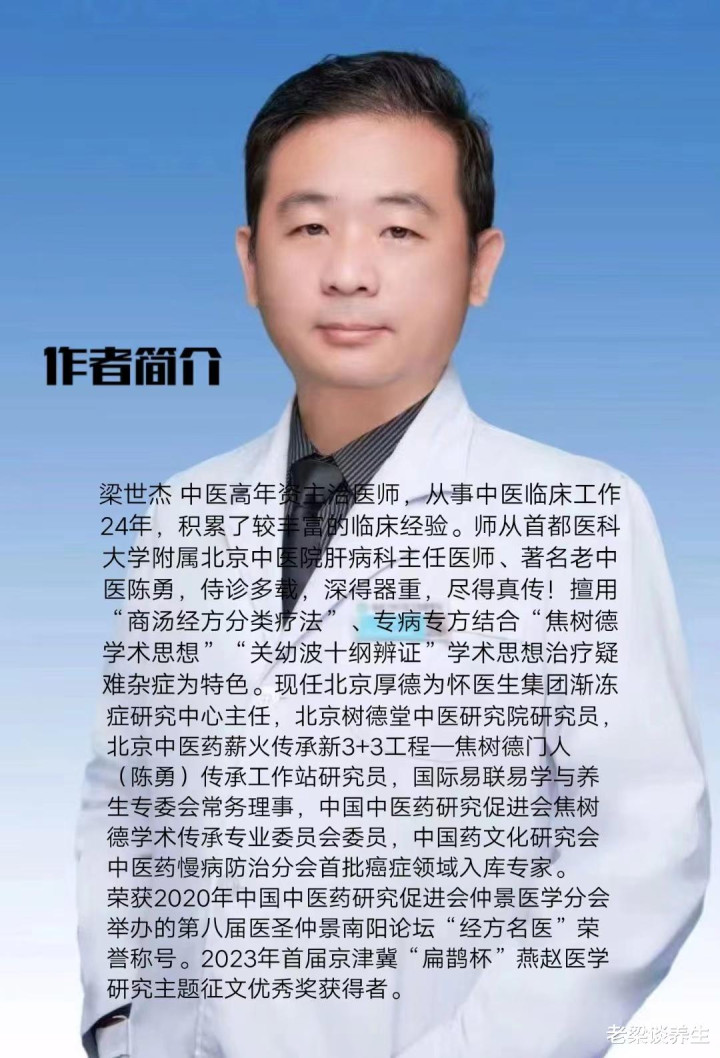
A rationale analysis of not recommending excessive chemoradiotherapy in patients with advanced and advanced cancer
abstract
The purpose of this article is to explore the potential harm of overdose radiotherapy and chemotherapy, combined with the extensive side effects of chemotherapy. Based on the detailed summary of side effects of chemotherapy, this paper proposes that for advanced cancer patients, over-reliance on radiotherapy and chemotherapy may not significantly improve the treatment effect, but may aggravate the burden of patients and reduce the quality of life. Traditional Chinese medicine treatment can alleviate some side effects, but in the face of continuous chemotherapy brings huge complex health issues, its effect is limited. Therefore, this paper recommends that patients with advanced stage cancer should consider the pros and cons of treatment options in a comprehensive manner and avoid excessive chemoradiotherapy, in order to achieve more reasonable treatment options on the basis of ensuring the quality of life of patients.
keyword
Advanced cancer, Radiotherapy and chemotherapy, Side effect, Quality of life, Traditional Chinese Medicine
Introduction
As one of the major diseases threatening human health, the choice of treatment methods has always been the focus of the medical community. For early stage cancer patients, surgery is often the preferred treatment, while for middle and advanced patients, chemoradiotherapy and targeted therapy are important treatments. However, with the progress of treatment, the side effects of radiotherapy and chemotherapy gradually appear, especially for the advanced cases. From the side effect of chemotherapy, this article discusses the reasonableness of not recommending too much radiotherapy and chemotherapy.
text
I. Current status and challenges in the treatment of advanced and advanced cancer
The treatment challenge for patients with advanced-stage cancer is that the tumor has already metastasized locally or distantly, and surgery alone is difficult to completely cure. Therefore, radiotherapy and targeted therapy have become important complementary treatments. However, while these treatments kill cancer, they also cause damage to normal cells, causing a series of side effects.
Extensive side effects of chemotherapy
As a common anticancer therapy, chemotherapy has extensive and complex side effects. According to Liang Shijie's research team, the side effects of chemotherapy include at least 50 items, covering digestive system, hematological system, immune system, nervous system and so on. Here is a breakdown of the side effects of chemotherapy:
1. Digestive symptoms: nausea, vomiting, loss of appetite, diarrhea, constipation, bloating, abdominal pain, bloating of the stomach, mouth sores, etc. These symptoms directly affect the patient's eating and nutrient absorption, leading to malnutrition and weight loss.
2. Haematological system symptom: White blood cell decreases, plaque decreases, anaemia, red blood cell decreases etc. These symptoms may increase a patient's risk of infection while affecting blood clotting function, leading to a tendency to bleed.
3. Immune system symptoms: susceptible to infection, fever, chills, etc. Chemotherapy results in damage to the immune system, leaving the sufferer more vulnerable to causative agents.
4. Nervous system symptoms: numbness, pain in hands and feet, memory loss, neurotoxicity, etc. These symptoms may affect the patient's daily life and cognitive functioning.
5. Other systemic symptoms: fatigue, hair loss, pigmentation, rash, allergic reactions, etc. These symptoms not only affect the appearance and self-confidence of the patient, but they can also cause psychological problems. In addition, chemotherapy may also cause heart toxicity, liver toxicity and kidney toxicity to cause damage to the patient's internal organs.
III. The harm of excessive chemoradiotherapy to patients with advanced and advanced cancer
For patients with advanced-stage cancer, excessive chemoradiotherapy may cause the following harms:
1. Increased physical burden: Patients with advanced-stage cancer are in poorer physical condition themselves, and excessive chemotherapy may further increase the physical burdens, causing the patient's physical condition to worsen.
2. Reduced quality of life: Side effects of chemotherapy can seriously affect the daily life of the patient, such as nausea, vomiting, diarrhea and other symptoms may lead to normal eating; Symptoms such as fatigue and fatigue may affect the patient's ability to perform daily activities. These side effects not only reduce the quality of life, but also may cause psychological problems, such as anxiety, depression.
3. Impact on therapeutic outcomes: Excessive chemoradiotherapy may lead to a decrease in patient tolerance to treatment, which can affect the outcome of treatment. At the same time, while killing cancer cells, chemotherapy drugs also cause damage to normal cells, causing the body's immunity to decline and increasing the risk of infection.
Fourth, the limited nature of traditional Chinese medicine to alleviate the side effects of chemotherapy
Although traditional Chinese medicine (TCM) emphasizes the whole concept and individualized treatment, and TCM has some advantages in alleviating the side effects of radiotherapy and chemotherapy, its effect is limited in the face of the huge and complex health problems caused by chemotherapy. Traditional Chinese Medicine (TCM) mainly treats the disease by regulating the balance of yin and yang of the body and enhancing the immune system, but it is difficult to directly intervene the side effects of chemotherapy. In addition, TCM treatment takes a certain period of time and process, for the urgent need to alleviate the side effects of chemotherapy caused by the symptoms of advanced cancer itself, its effect may not be rapid and significant.
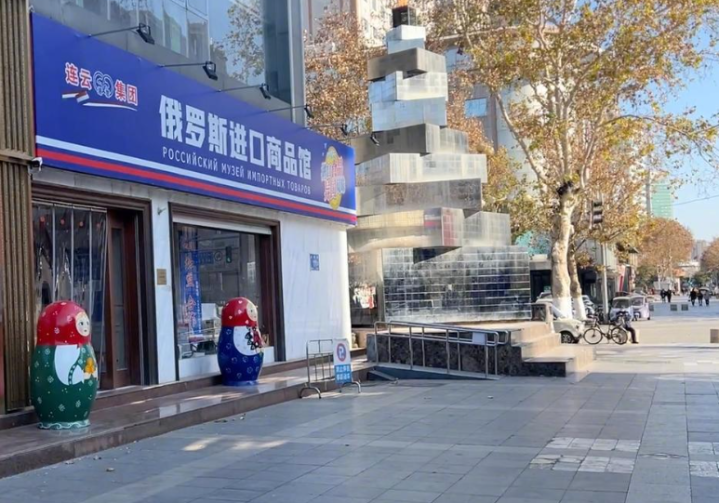

V. Suggestions for treatment options for patients with advanced and advanced cancer
With regard to treatment options for patients with advanced and advanced cancer, the following recommendations are made in this paper:
1. Consider a comprehensive treatment plan: When developing a treatment plan, consider factors such as the patient's physical condition, tumor type, stage, and the pros and cons of the treatment plan. Avoid blindly pursuing tumor-killing effects while ignoring the patient's physical condition and quality of life.
2. Moderate chemoradiotherapy: For patients who need chemoradiotherapy, a moderate treatment plan should be developed according to the specific conditions of the patient. Avoid the physical damage, widespread metastasis and reduced quality of life caused by excessive chemoradiotherapy.
3. Pay attention to personalized treatment: The treatment of patients with advanced stage cancer should focus on the principle of personalized treatment. Develop a personalized treatment plan according to the specific conditions of the patient, especially for advanced cancer patients who have already had extensive metastases, avoid excessive chemoradiotherapy, and objectively select Chinese and Western medical rehabilitation programmes with the goal of improving the quality of life and extending the life of the patient.
4. Strengthen the combination of Chinese and Western medicine: In the course of treatment, attention should be paid to the complementarity of the advantages of the combinations of Chinese and western medicine. Traditional Chinese medicine can play a positive role in alleviating side effects of radiotherapy and chemotherapy, improving immune system, slowing down cancer progress and prolonging life span. Western medicine can provide support for life support, pain relief, killing cancer cells, reducing tumor markers, and controlling tumor progression. However, it is necessary to accurately evaluate the pros and cons of chemotherapy for patients with advanced and advanced cancer, and provide patients with more comprehensive, safer and more effective treatment services through a combination of Chinese and Western medicine.
conclusion
In conclusion, the reasonableness of not recommending excessive chemoradiotherapy for patients with advanced stage cancer lies in avoiding potential harms such as exacerbating the body burden, reducing quality of life, shortening the patient's life, and affecting the effectiveness of treatment. When developing a treatment plan, consideration should be given to factors such as the specific situation of the patient and the advantages and disadvantages of the treatment plan; Focus on the principle of individualized treatment; Strengthen the complementarity of combinations of Chinese and Western medicine. In order to achieve more rational treatment options on the basis of ensuring the quality of life of patients. At the same time, this paper also calls on the medical profession and the general patient and family to pay attention to the treatment needs and physical and mental health issues of patients with advanced stage cancer, and jointly promote the progress and development of cancer treatment.
PS: Chemotherapy is a common anticancer therapy, but it also brings a series of side effects. The following are the possible side effects of chemotherapy, which are detailed and summarized as follows:
Symptoms of the digestive system
nausea
Vomit
Loss of appetite
diarrhea
constipation
Bloating
bellyache
Stomach bloated
Mouth ulcer
II. Blood System Symptoms
White blood cell decrease
Reduced platelets
anemia
Red blood cells are reduced
Three, the immune system symptoms
Vulnerable to infection
fever
shiver
Symptoms of the nervous system
My hands and feet are numb.
Pain in the hands and feet
Memory loss
Neurotoxicity
V. Other Systemic Symptoms
weak
fatigue
Hair loss
Hyperpigmentation
Rash
allergic reaction
Heart toxicity
Liver Toxicity
Kidney toxicity
Ear toxicity
Hearing loss
Dyspnea
cough
to cough up phlegm
Muscle Pain
Joint Pain
insomnia
anxious
depressed
Changes in taste
The sense of smell changed
Vision is blurry
Dry mouth
Mouth ulcer
Prone to bleeding
thrombosis
Electrolyte Disorder
malnutrition
Weight loss
osteoporosis
Immunity declines
Thyroid gland dysfunction
Damage to kidney function
Impaired liver function
Heart muscle injury
Hand and foot syndrome
Pulmonary fibrosis
arrhythmia
Heart failure
hematuria
Kidney function problems
The nails changed
The skin is dry
Epithelial dermatitis
Red patches on the skin throughout the body
Terminal nerve toxicity
Numbness in the limbs
Feeling sluggish in the extremities
Nail gingivitis on the hands and feet
The nails changed
Author Bio: Liang Shijie is a senior medical practitioner in traditional Chinese medicine. He has been engaged in traditional medicine clinical work for 24 years and has accumulated a wealth of clinical experience. Following Chen Yong, chief physician of liver disease at Beijing Traditional Medicine Hospital迪士尼彩乐园算违法吗, affiliated with Capital Medical University, and renowned old Chinese medicine, he has been treated for many years and received great attention. He specializes in the treatment of difficult diseases using "conversational traditional therapy" and special treatments combined with the academic ideas of Jiao Shude and Guan Yubo's ten-level diagnosis.He is currently the director of the Center for Diffusion Research of Dr. Houde Wei Group in Beijing, a researcher at the Shude Tang Institute of Chinese Medicine, and a fellow at the new 3 + 3 project of traditional Chinese medicine flame inheritance in Beijing - a scholar at the inheritance work station of Jiao Shude's protégés (Chen Yong),He is a standing committee member of the International Expert Committee on E-learning and Health Care, a member of the Jiao Shude Academic Heritage Special Committee of the Chinese Association for the Advancement of Chinese Medicine Research, and the first cancer specialist to be included in the chapter of the Chinese Pharmaceutical Culture Research Association. Won the 2020 China Association for the Promotion of Traditional Chinese Medicine Zhongjing Medical Branch held the eighth session of the Medical Saint Zhongjing Nanyang Forum "Classic Prescription Famous Doctor" honorary title. The winner of the first Beijing-Tianjin-Hebei "Pingui Cup" Yanzhao Medical Research Essay Award in 2023.